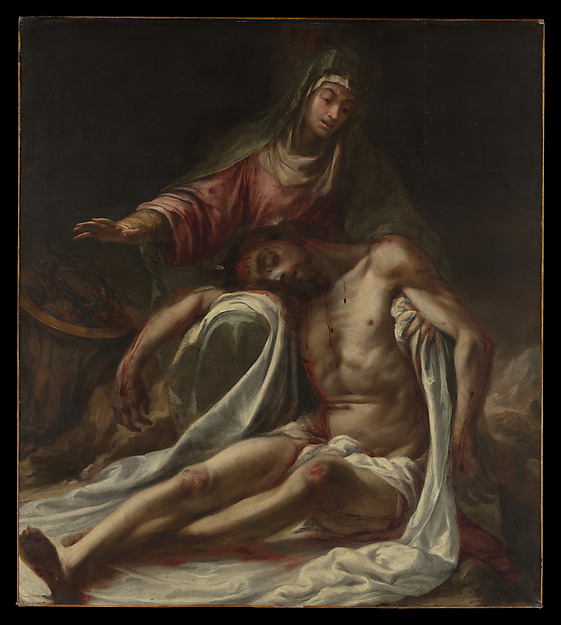Classic poem of the day
XXXIV
Then of the THEE and ME who works behind
The Veil, I lifted up my hands to find
A Lamp amid the Darkness; and I heard,
As from Without--"THE ME WITHIN THEE BLIND!"
Member poem of the day
You act like a regular here, as if nobody noticed how little your company crosses with ours. While you were evasive, the past four years went on despite you. I guess that's just life. Still, it seems a shame certain small children are forced to choose one or another in light of your absence. No substitute works. And just when they're used to a second rate option, you're back without warning. You stand there expecting a welcoming cheer. It's just like you, leap year.
